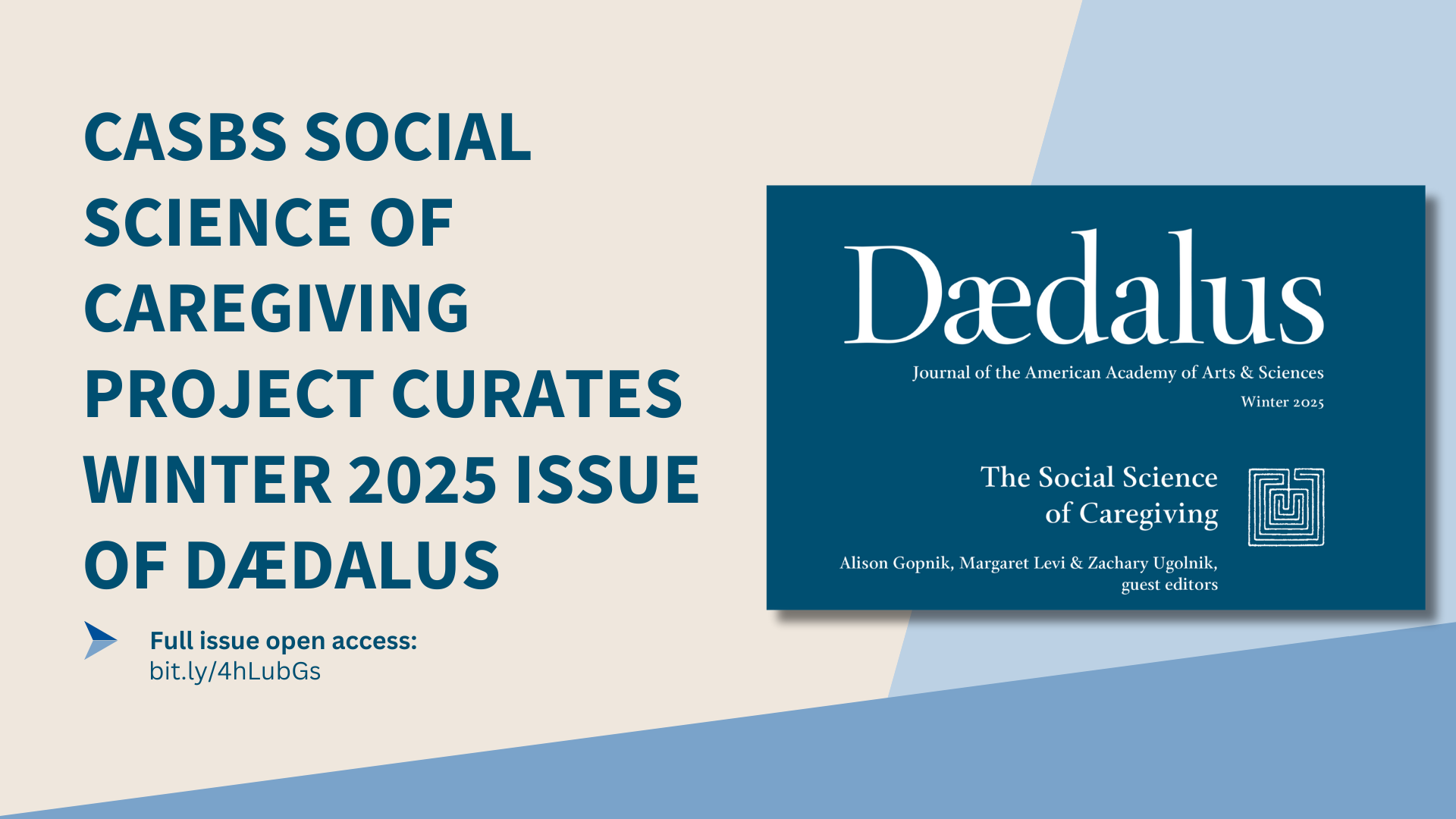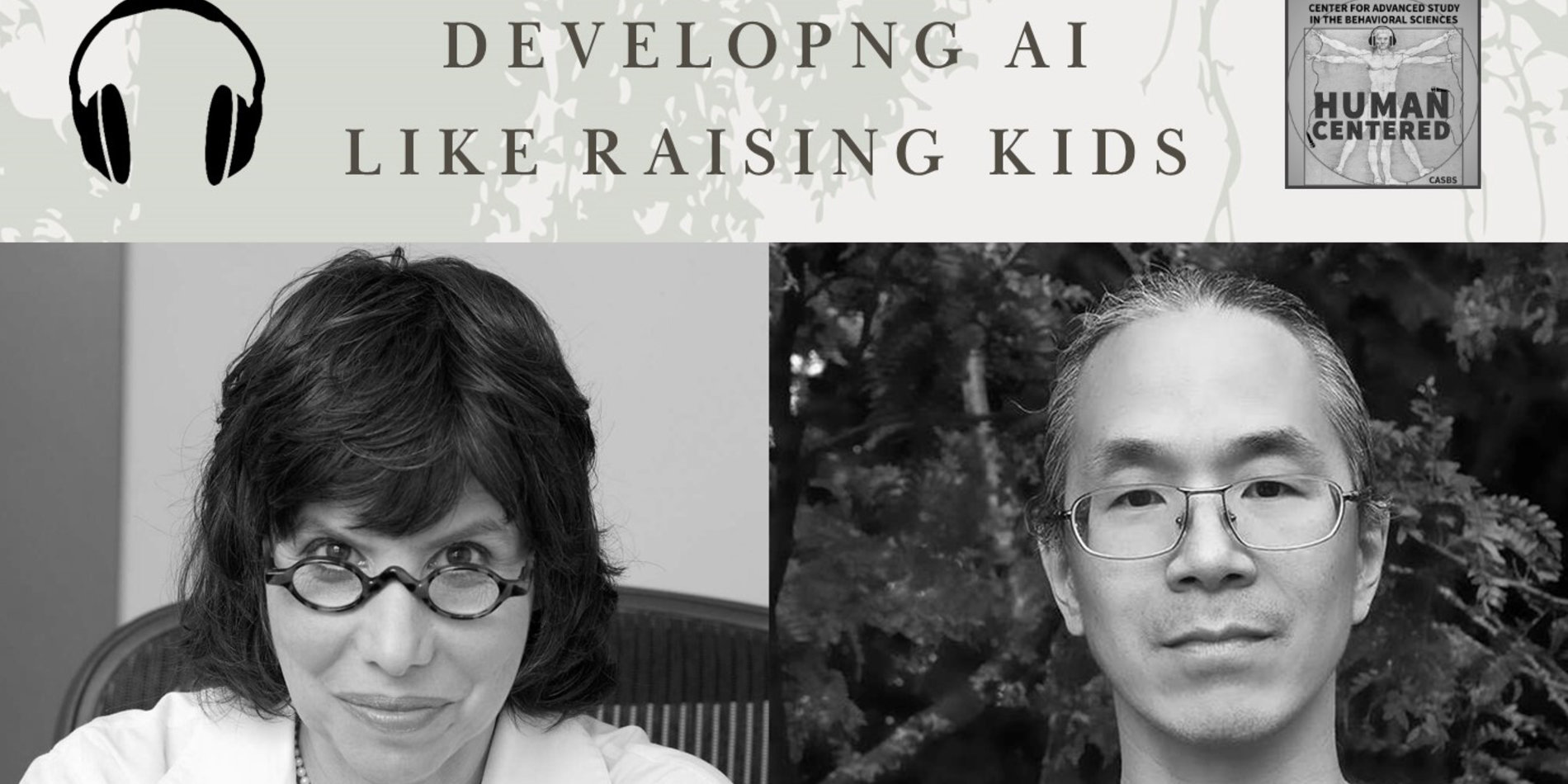The Social Science of Caregiving
From a biological perspective, there are few human activities as important as caregiving. Human childhood is twice as long as that of any of our primate relatives, even in forager societies. Humans have evolved a much wider array of caregivers to care for these young. This includes fathers, post-menopausal grandmothers, and “alloparents,” adults who care for children to whom they are not biologically related. From our earliest history, this extended community of care has been crucial to human success.

There is good reason to believe that our ability to cooperate more generally is rooted in these caregiving capacities. And these abilities also come into play when we care for fellow humans who are not children such as the elderly or ill. But caregiving has received much less intellectual and academic attention than other kinds of social relationships. A particularly urgent question now is how to guarantee that caregivers and those they care for get the resources they need to thrive. The demand is great and growing for their services. Yet, support in wages, training, education, and assistance, is well below what is needed in the U.S. and almost everywhere else. Nor is the work generally given the respect it deserves. How can we intellectually understand the special character of human caregiving and translate that understanding into practical policies? What lessons does caregiving offer in how we align our familial values with an extended community and with the design of new technologies, including artificial intelligence? How do we ensure, for example, the goals of an artificial system, their so-called “objective functions,” reflect the right values and will promote human flourishing?
This project is led by Alison Gopnik with the assistance of Margaret Levi and Zachary Ugolnik.
The Social Science of Caregiving program has received support from the Ethics, Society, and Technology Hub at Stanford University, the Templeton World Charity Foundation, and the Alfred P. Sloan Foundation. A portion of an Ethics, Society, and Technology Hub seed grant from Stanford University helped launch this project.
Article: Support Boosts Care and Caregiving Project >
THE SOCIAL SCIENCE OF CAREGIVING PROJECT CURATES THE WINTER 2025 ISSUE OF Dædalus: Announcement and access to the open access issue.


